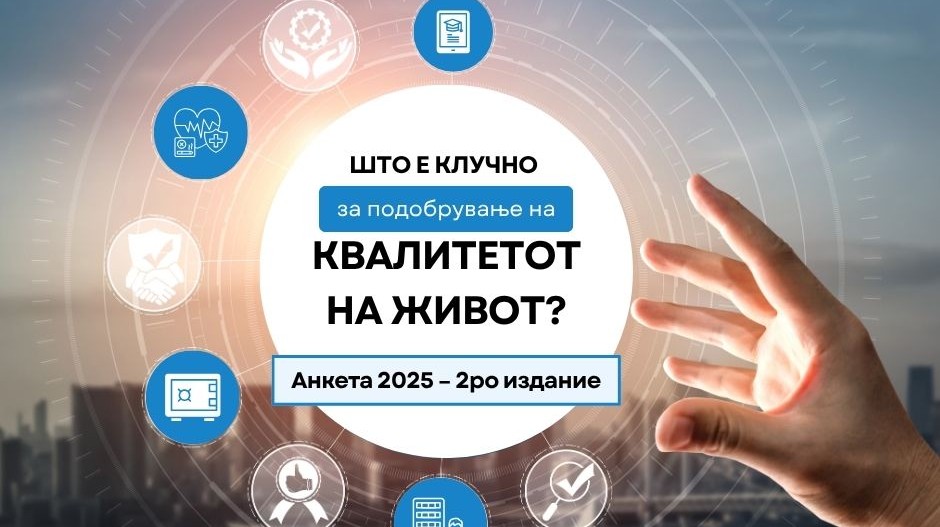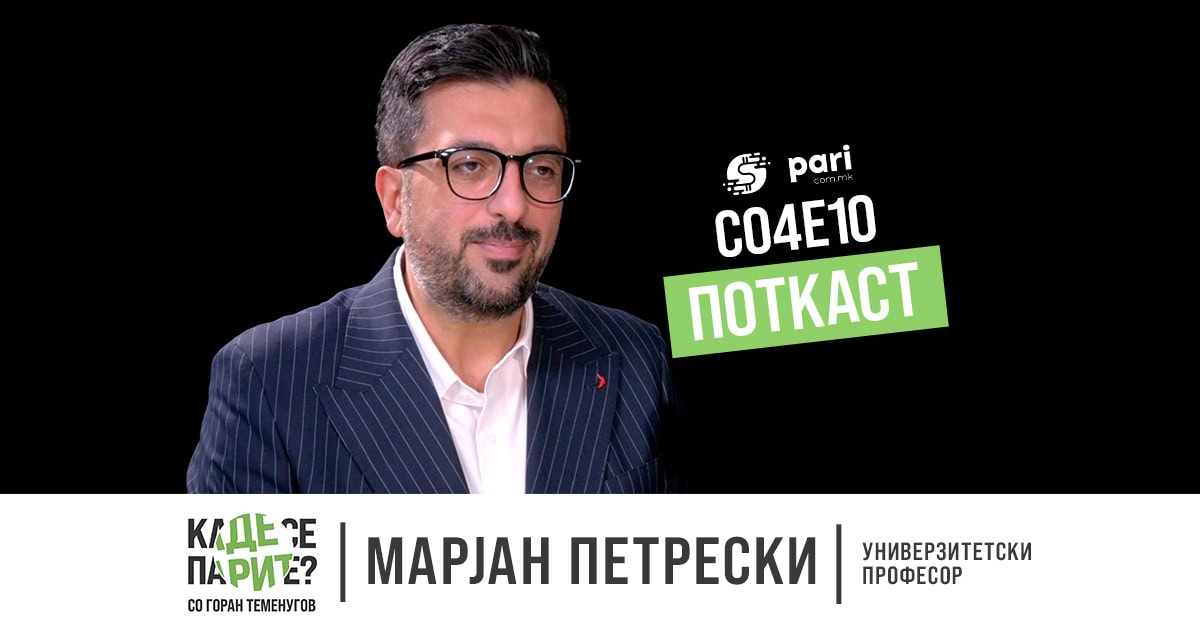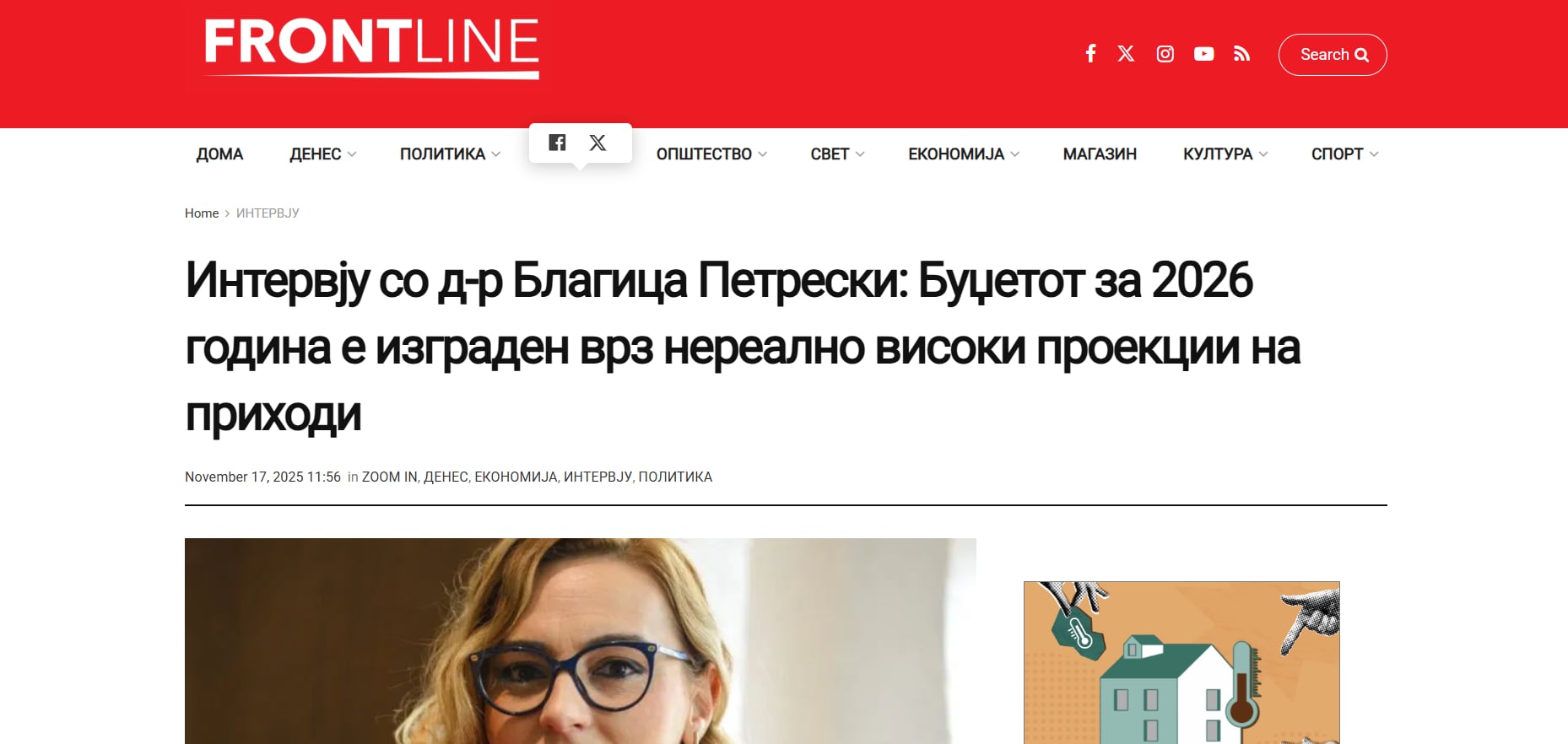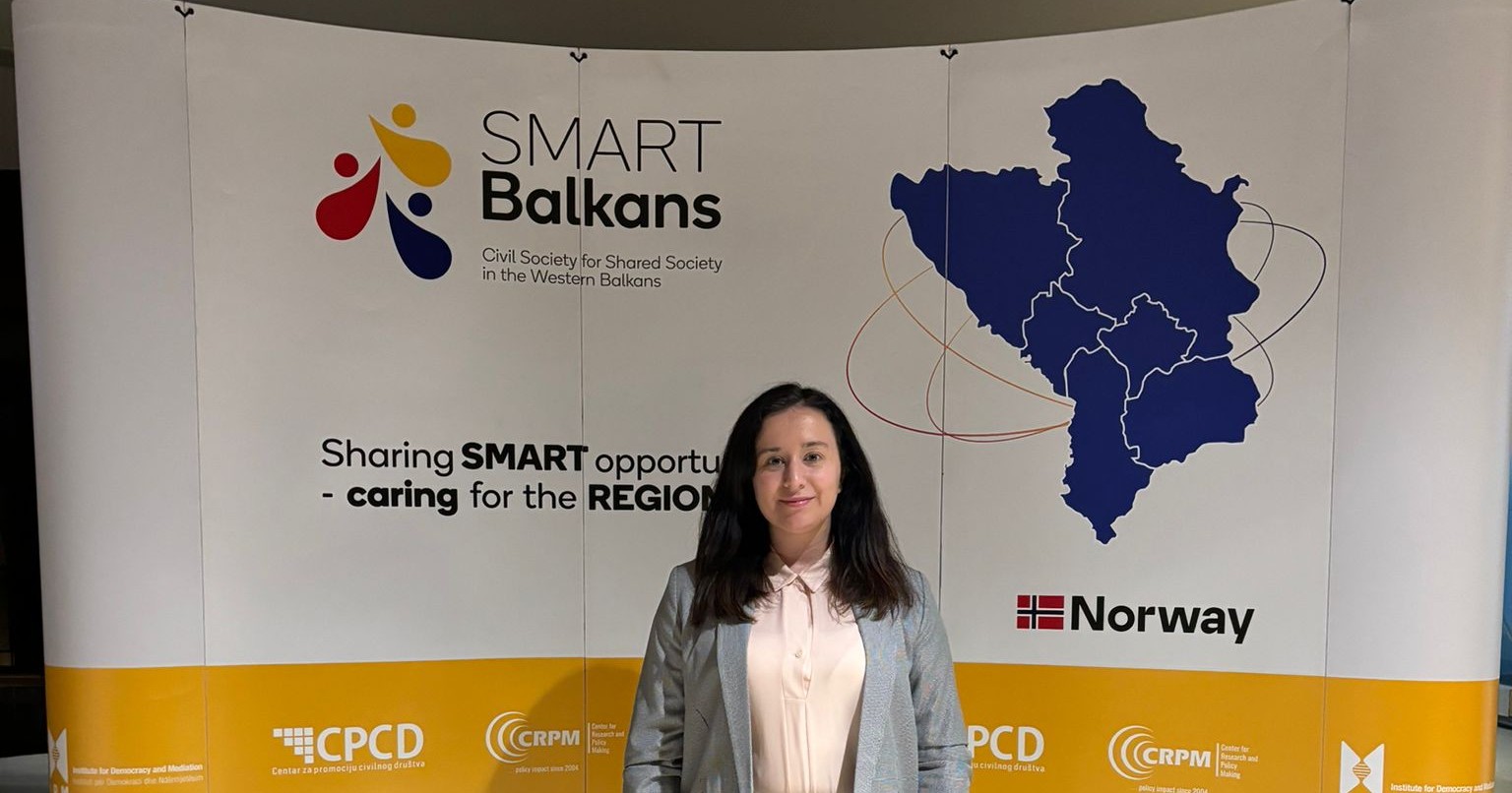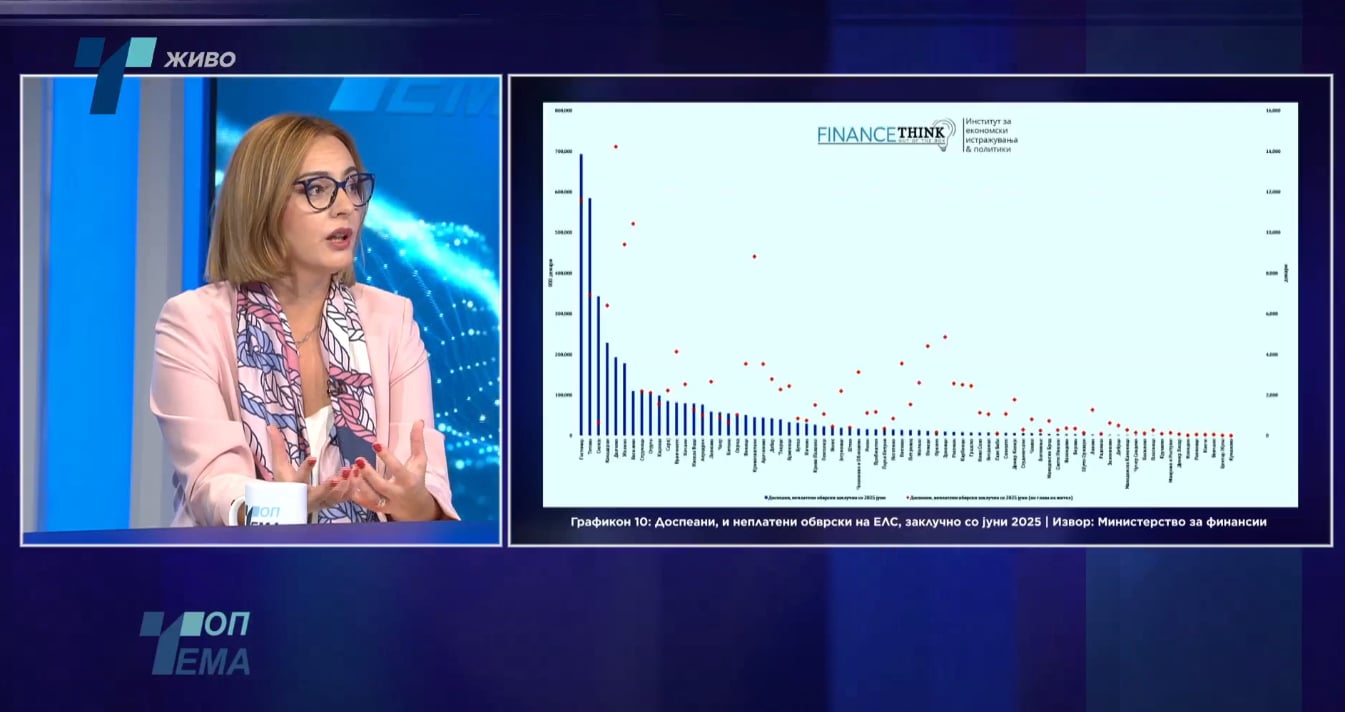What is key to improving the quality of life❓
🔗 bit.ly/anketa—
We kindly ask you to take 5 minutes of your valuable time and tell us about your satisfaction with public services by completing the questionnaire above ☝️
#CHinMK #CivicaMobilitas
Civica Mobilitas
Macedonian Medical Association
Youth Educational Forum – YEF
@youtheducationalforum
@mcgo_mcec_mk
MCEC – Macedonian Center for Civic Education
@360stepeni
360 Degrees

